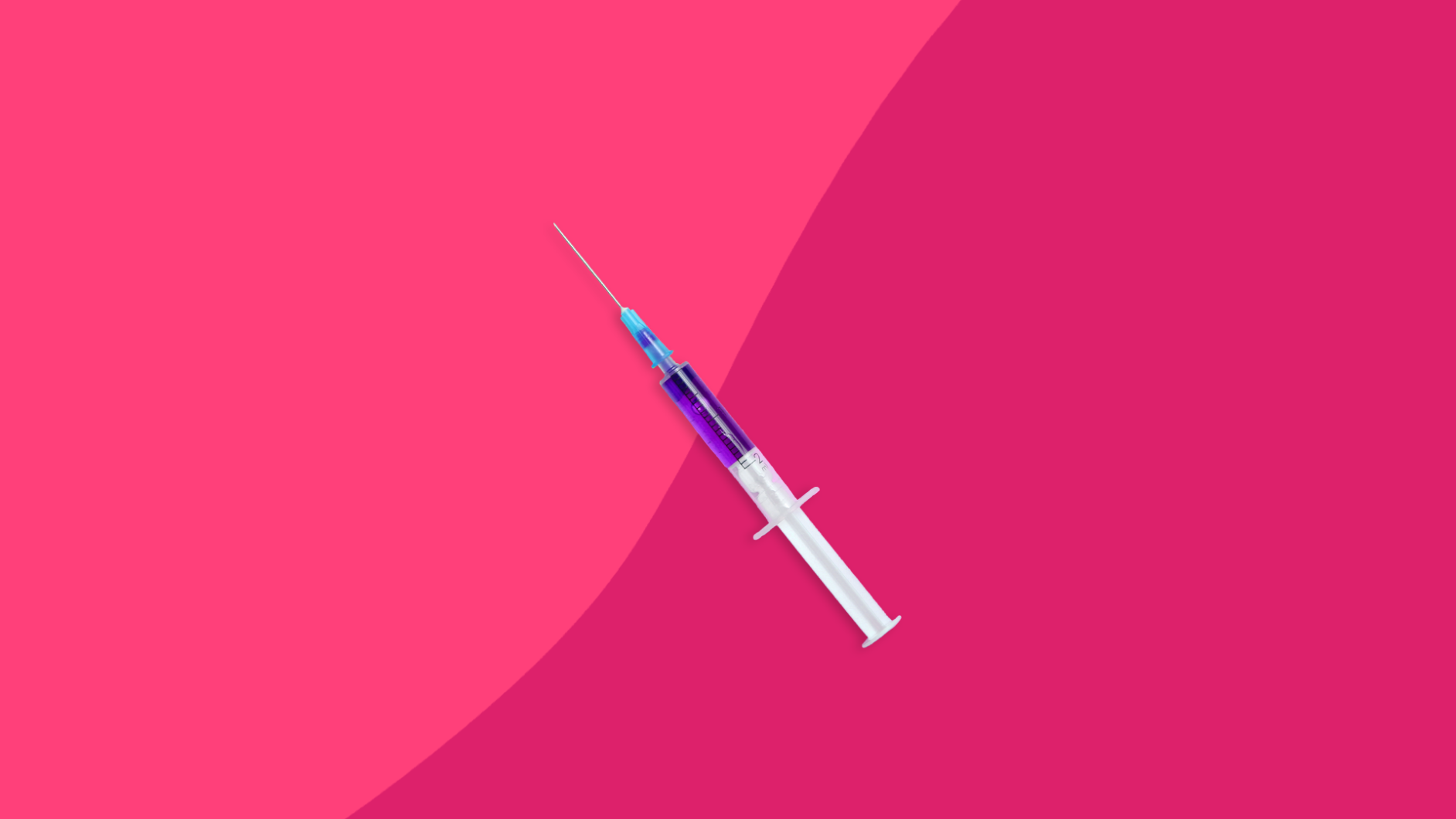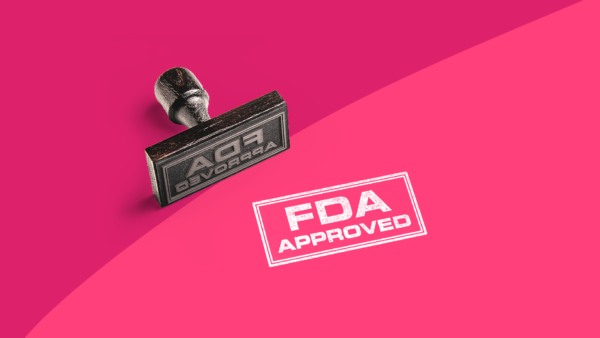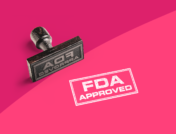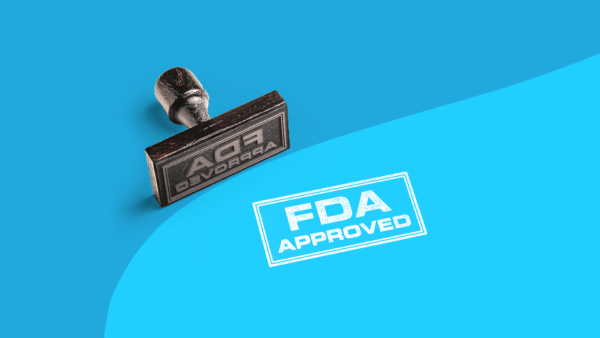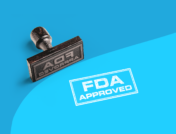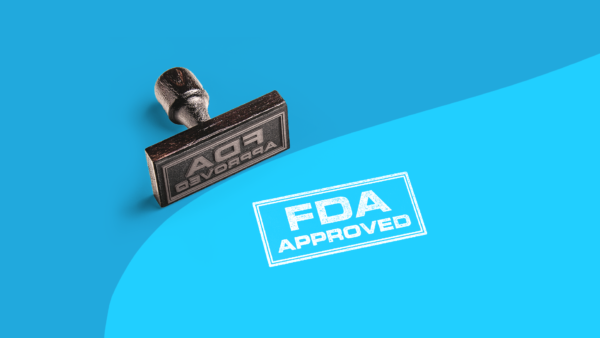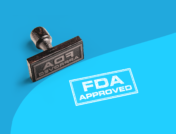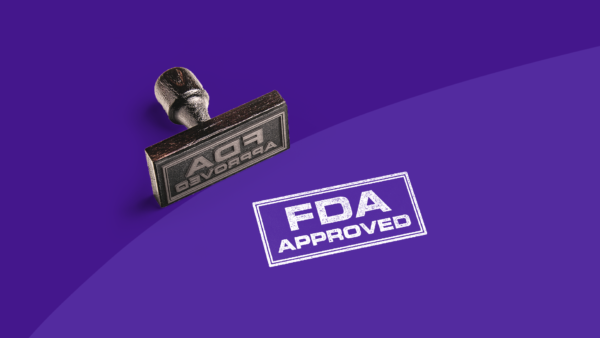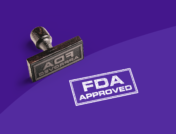CORONAVIRUS UPDATE: As experts learn more about the novel coronavirus, news, and information changes. For the latest on the COVID-19 pandemic, please visit the Centers for Disease Control and Prevention.
Coronavirus vaccine updates | How do the vaccines work? | Comparison | Availability | Trials | FAQs
As you scroll through social media, you may see many pharmacists, doctors, and nurses posting pictures of their sleeves rolled up, getting their COVID-19 vaccine. These new coronavirus vaccines hint at the promise of life returning to normal—which we haven’t seen since the novel coronavirus outbreak in early 2020.
Coronavirus vaccine updates:
- As of December 2020, two COVID-19 vaccines are now available in the United States: Moderna, Inc.’s COVID-19 vaccine and Pfizer-BioNTech COVID-19 vaccine.
- Several vaccines are in Phase 3 clinical trials, which means they may soon be available to the public: COVID-19 vaccines by Novavax, Janssen, and AstraZeneca.
- There are currently more than 4,000 COVID-19 trials in various stages. These studies include COVID-19 diagnostic tests, medications, and vaccines.
- The U.S. Centers for Disease Control and Prevention (CDC) has provided recommendations about who should be vaccinated first:
- Phase 1a includes healthcare workers and long-term care facility residents.
- Phase 1b includes frontline workers (such as police officers, teachers, and grocery store workers) and people ages 75 years or older.
- Phase 1c includes people age 65-74 years old, people ages 16-64 years old with underlying medical conditions, and other essential workers.
How do the coronavirus vaccines work?
As vaccine supply increases, the goal is to vaccinate everyone. According to the CDC, the Moderna and Pfizer-BioNTech vaccines effectively prevent COVID-19. And, if you do still get COVID-19 after being vaccinated, your illness is likely to be much less severe. Getting vaccinated also helps protect people around you, especially those at higher risk for severe illness.
The two available vaccines in the U.S. were approved under the Food and Drug Administration’s (FDA) Emergency Use Authorization. Both vaccines are mRNA vaccines, which work by teaching our cells how to launch an immune response against a virus, in this case COVID-19. Side effects of both vaccines include injection site reactions like pain, swelling, and redness; as well as other systemic effects like chills, tiredness, and headache.
Both vaccines require two shots, and you’ll need to get both shots for the best efficacy. You can sign up with the CDC’s v-safe program to report side effects and get reminders for your second vaccine.
Moderna’s COVID-19 vaccine: The Moderna coronavirus vaccine is a two-shot series, given one month (approximately 28 days) apart. The injection is given into the muscle of the upper arm. The vaccine has been shown in studies to be 94.1% effective after both doses.
Pfizer-BioNTech COVID-19 vaccine: The Pfizer coronavirus vaccine is a two-shot series, given 21 days apart. The vaccine is injected into the upper arm muscle and has been shown to be 95% effective.
Compare coronavirus vaccines |
||
|---|---|---|
| Moderna’s COVID-19 vaccine | Pfizer-BioNTech COVID-19 vaccine | |
| Name | mRNA-1273 | BNT162b2 |
| Type | mRNA | mRNA |
| Where it’s given | Shot in the upper arm muscle (intramuscular) | Shot in the upper arm muscle (intramuscular) |
| Dose | 2 injections, given 1 month (28 days) apart | 2 injections, given 21 days apart |
| Side effects | Pain, swelling, and redness at the injection site; flu-like symptoms like chills, fatigue, headache | Pain, swelling, and redness at the injection site; flu-like symptoms like chills, fatigue, headache |
| Efficacy | 94.1% effective after 2 doses | 95% effective after 2 doses |
| Expected costs | $32-$37 per dose | $19.50 per dose |
| Coupons | Get coupons | Get coupons |
Where can I get a COVID-19 vaccine?
Check with your county health department—even if it’s not yet time for your phase to be vaccinated, you may be able to register online to be notified once a vaccine is available for you.
Certain healthcare workers, like those who work in a hospital, can receive a vaccine on site. If this is not an option, you can register through the county as a healthcare worker to receive a vaccine as quickly as possible.
If you or a loved one resides in a long-term care facility, check with the facility to see what arrangements are being made for vaccinating residents.
Once vaccine supply is increased, the vaccine will be more widely available. At that time, you should be able to find a vaccine location and/or you can check with your local chain and independent pharmacies—many have signed up already.
Although the COVID-19 vaccines are very effective, it’s important to continue to keep up preventive measures like wearing face masks, avoiding crowds, disinfecting, and frequent handwashing. And if you haven’t received a flu shot yet, it’s not too late.
Coronavirus vaccine trials
Currently, many human trials are in progress, looking for safe and effective vaccines against COVID-19. As of late December 2020, three vaccines were in Phase 3 studies, while many others are not far behind, still in Phase 2:
- Novavax’s COVID-19 vaccine: The Phase 3 study will enroll 30,000 volunteers at 115 sites in the U.S. and Mexico. The study will examine safety and efficacy of its COVID-19 vaccine, which is also known as NVX-CoV2373.
- Janssen’s COVID-19 vaccine: Under the company Johnson & Johnson, Janssen’s vaccine is in Phase 3 trials, and has 45,000 adults enrolled. Interim results are expected to be released in late January.
- AstraZeneca’s COVID-19 vaccine: This vaccine is already approved for emergency supply in the U.K., Mexico, and India. This vaccine can be shipped and stored in regular refrigerators, unlike the Pfizer and Moderna vaccines, which have special shipping and storage requirements. However, the AstraZeneca vaccine looks like it will be less effective than Pfizer’s or Moderna’s. This vaccine may be approved for emergency use in the U.S. by February at the earliest.
Frequently asked questions
Is the COVID-19 vaccine safe?
While any medication, including vaccines, can have various side effects ranging from mild to serious, the two approved vaccines have been studied for both safety and efficacy. The CDC has a number of measures in place to continue to monitor safety and adverse reactions to the vaccines.
Can you get infected with COVID-19 from the vaccination?
You cannot get COVID-19 from the vaccine because the vaccine does not contain live virus. However, it takes a few weeks for the vaccine to start working. So, you can potentially be infected with the COVID-19 virus around the same time and still get sick (before the vaccine starts to work).
Should I get the vaccine if I already had COVID-19?
The CDC recommends that even if you have already had COVID-19, you still get a vaccine. That’s because it is unknown how long your antibodies will protect you—it varies from person to person, and researchers are still learning about immunity and COVID-19.
Will the vaccines eliminate COVID-19?
The World Health Organization (WHO) states, “To safely achieve herd immunity against COVID-19, a substantial proportion of a population would need to be vaccinated, lowering the overall amount of virus able to spread in the whole population.”
The CDC recommends vaccination along with continuing preventive measures, but acknowledges that “stopping a pandemic requires using all the tools we have available. As experts learn more about how COVID-19 vaccination may help reduce spread of the disease in communities, CDC will continue to update the recommendations to protect communities using the latest science.”
Does the flu vaccine prevent COVID-19?
The flu shot does not prevent COVID-19. However, it’s more important than ever to get a flu shot this season. Although the best time to get a flu shot is by October each year, it’s not too late. If you haven’t gotten around to getting a flu shot yet, call your local pharmacy or check the Vaccine Finder website.
How can I prevent COVID-19 until I receive a vaccine?
Although the vaccine is very effective, the CDC offers recommendations to help prevent COVID-19. Some important takeaways: Wear a mask to cover your mouth and nose, wash hands frequently, disinfect surfaces, and avoid crowds. These measures should be used after you have your vaccine, too.
What is Operation Warp Speed?
Started by the Trump administration in March 2020, Operation Warp Speed is a partnership between U.S. government agencies to speed up vaccine development and distribution of 300 million safe and effective COVID-19 vaccines by January 2021.



